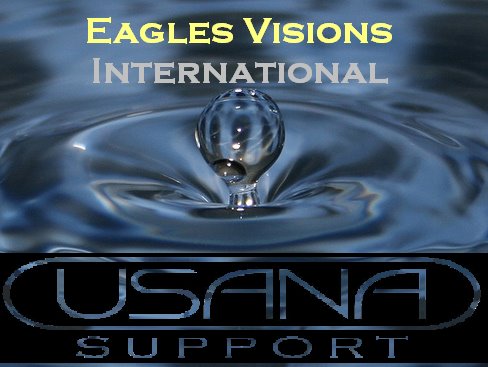Welcome to the Protege Workshop
Daniel Goleman
Learning Style
Most leaders have a preferred way to learn, a mode that feels most natural. Rather than fighting that learning style, or trying to conform to an imposed style, it makes sense to leverage your preferred style.
For example, two friends- both of whom became CEOs within a few years - who decided to learn to sail one summer. One went out and bought a twelve-foot dinghy, with which he planned to pratice during a month on the coast of Maine. At the same time, his friend enrolled in a sailing course in Boston harbor.
On the first day, as the new owner of the dinghy was pushing off the beach in Maine, his friend was sitting in a class room, learning the principle of sailing. But once he developed a theory of comfort with sailing, he was able to start sailing large boats right from the beginning. Meanwhile off the coast of Maine, his friend was out in the water from day one, albeit in a small boat, and discovering on his own things like why a centerboard is useful. In the ensuing years, he practiced his new found skills in larger and larger boats.
In the end each friend learned the skill he desired - but in radically different ways from one another. The dinghy owner preferred learning through concrete experience, while his friend learned better by first building his own mental model of sailing. Fortunately for both of this novice sailors, each of them had the ability to also learn, what they had to, from active experimentation.
Research has shown that people actually learn best when they use modes that suit them. The Learning Style Inventory, developed by Davvid Kolb when he was at MIT, has been used for more than thirty years to understand learning in management as well as in field ranging from law to medicine. People/leaders learn best in one of the following modes:
Concrete experience: Having an experience that allows them to see and feel what it it like.
Reflection: Thinking about their own and other's experiences.
Model Building: Coming up with a theory that makes sense of what they observe.
Trial-and-error learning: Trying something out by actively experimenting with new approach.
Every individual is unique, a true leader identifies the best mode to educate others and bring out the very Best of people!
For example, two friends- both of whom became CEOs within a few years - who decided to learn to sail one summer. One went out and bought a twelve-foot dinghy, with which he planned to pratice during a month on the coast of Maine. At the same time, his friend enrolled in a sailing course in Boston harbor.
On the first day, as the new owner of the dinghy was pushing off the beach in Maine, his friend was sitting in a class room, learning the principle of sailing. But once he developed a theory of comfort with sailing, he was able to start sailing large boats right from the beginning. Meanwhile off the coast of Maine, his friend was out in the water from day one, albeit in a small boat, and discovering on his own things like why a centerboard is useful. In the ensuing years, he practiced his new found skills in larger and larger boats.
In the end each friend learned the skill he desired - but in radically different ways from one another. The dinghy owner preferred learning through concrete experience, while his friend learned better by first building his own mental model of sailing. Fortunately for both of this novice sailors, each of them had the ability to also learn, what they had to, from active experimentation.
Research has shown that people actually learn best when they use modes that suit them. The Learning Style Inventory, developed by Davvid Kolb when he was at MIT, has been used for more than thirty years to understand learning in management as well as in field ranging from law to medicine. People/leaders learn best in one of the following modes:
Concrete experience: Having an experience that allows them to see and feel what it it like.
Reflection: Thinking about their own and other's experiences.
Model Building: Coming up with a theory that makes sense of what they observe.
Trial-and-error learning: Trying something out by actively experimenting with new approach.
Every individual is unique, a true leader identifies the best mode to educate others and bring out the very Best of people!
Discover Alizée!





